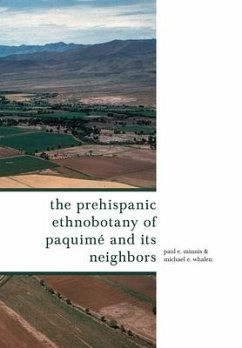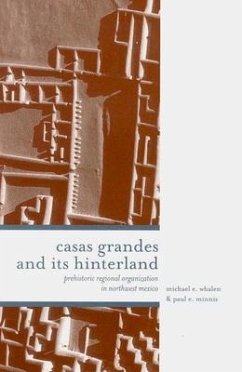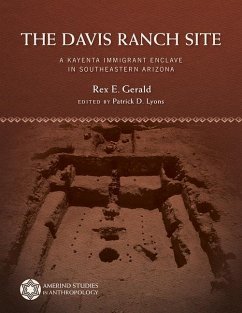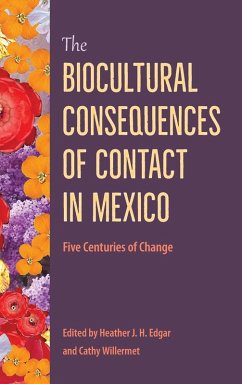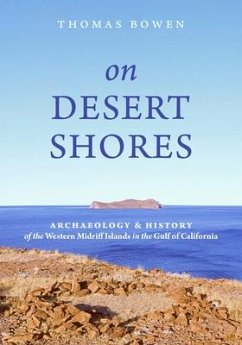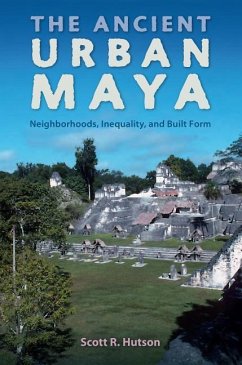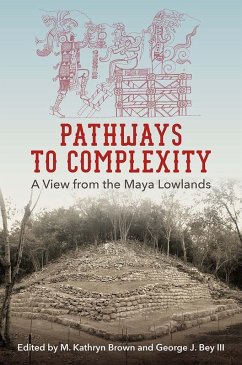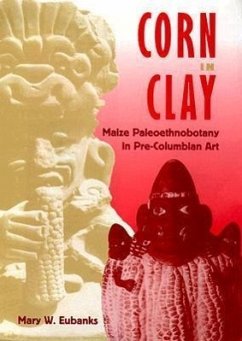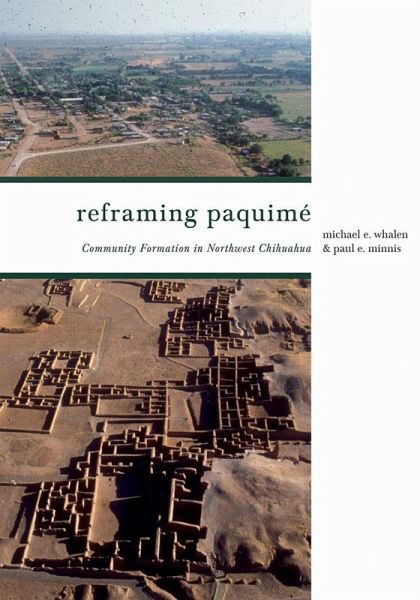
Reframing Paquimé
Community Formation in Northwest Chihuahua
Versandkostenfrei!
Versandfertig in über 4 Wochen
74,99 €
inkl. MwSt.

PAYBACK Punkte
37 °P sammeln!
Based on twenty-five years of survey and excavation work in the Casas Grandes region, this book presents an interpretation of Paquimé that differs greatly from the traditional ideas that have dominated the literature for the last half-century. This massive reinterpretation of the inner workings of the Casas Grandes region tackles the essential question of how Paquimé affected its near neighbors and also addresses the enigmatic end to the great city. An essential archaeological text, Reframing Paquimé will generate debate for a generation of future scholars of Northwest Mexico and the adjace...
Based on twenty-five years of survey and excavation work in the Casas Grandes region, this book presents an interpretation of Paquimé that differs greatly from the traditional ideas that have dominated the literature for the last half-century. This massive reinterpretation of the inner workings of the Casas Grandes region tackles the essential question of how Paquimé affected its near neighbors and also addresses the enigmatic end to the great city. An essential archaeological text, Reframing Paquimé will generate debate for a generation of future scholars of Northwest Mexico and the adjacent U.S. Southwest.



